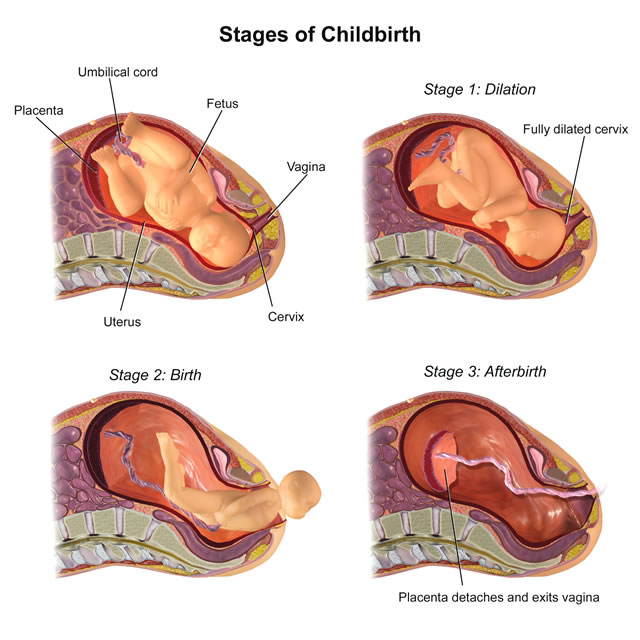Breastfeeding has been proven to protect the health of mothers and babies. It naturally inoculates babies against disease because the mother’s immune system kick starts the baby’s ability to resist illness. This applies in both low-income and high-income settings.
For mothers, breastfeeding is also good. It is a natural contraceptive because it interrupts the menstrual cycle, and it protects women against breast and ovarian cancer.
Despite all these benefits, only 38% of babies are exclusively breastfed across the world.
A number of initiatives have been put in place to turn this situation around. One of these is the Baby-Friendly Hospital Initiative, a UNICEF and World Health Organisation scheme launched in 1991. The idea was to make sure that all maternity wards, whether free standing or in a hospital, became centres of breastfeeding support.
Since its launch, more than 152 countries have signed up to the initiative. And by 2012 more than 21 300 facilities were designated baby friendly. This is close to 30% of all facilities worldwide and 31% of facilities in low and middle income countries.
But of the 152 countries, only 18 have reported setting up a government committee to direct and enforce the initiative.
South Africa, despite its bold commitments to improve breastfeeding, has not reported to the World Health Organisation. It still does not have national data to monitor breastfeeding rates to ensure that its policies are being effective.
And unless the country creates structures that ensure facilities become mother and baby friendly, breastfeeding rates in the country are unlikely to improve.
What it means to be baby friendly
The 10 Steps of the Baby-Friendly Hospital Initiative is a proven strategy to provide this support at the critical time of delivery and just after. It increases all aspects of breastfeeding – initiation of breastfeeding immediately after birth, exclusive breastfeeding in the first six months of life, and continued breastfeeding until the child is a toddler.
Its success is evident in countries like Cuba where, as a result of most of country’s 56 hospitals and maternity facilities being baby-friendly, the rate of exclusive breastfeeding at four months almost tripled in six years from 25% in 1990 to 72% in 1996. This success is related to government commitment and ongoing monitoring.
No official data has been released, but South Africa’s National Department of Health claims that the country has accredited 70% of its public hospital as baby friendly. The fact that 30% are not accredited indicates that there is no uniform system and no concerted push for accreditation.
There is also no information readily available on the accreditation of private facilities.
Hospitals and clinics are considered “baby-friendly” when they don’t accept free or low-cost breastmilk substitutes, feeding bottles or teats, and implement 10 specific steps to support successful breastfeeding.
The ten steps include:
a written breastfeeding policy which all health care staff know about and are trained in
informing pregnant women of the benefits and management of breastfeeding
helping mothers initiate breastfeeding within one half-hour of birth and showing them how to breastfeed and maintain lactation


